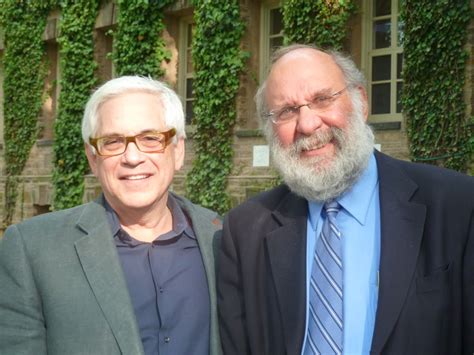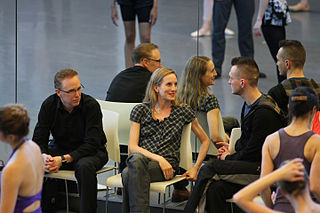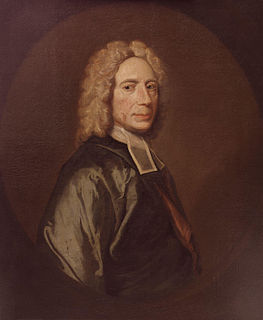A Quote by Audre Lorde
We must constantly encourage ourselves and each other to attempt the heretical actions that our dreams imply and so many of our old ideas disparage.
Related Quotes
In contrast to the values of morality, which depend on and encourage our similarities to each other, values like friendship or beauty depend on and encourage our differences. Ultimately, friendship is essential to our fashioning ourselves in ways that don't simply repeat the fashions of our surroundings: it is a mechanism of individuality.
In the chapter on study we considered the importance of observing ourselves to see how often our speech is a frantic attempt to explain and justify our actions. Having seen this in ourselves, let's experiment with doing deeds without any words of explanation whatever. We note our sense of fear that people will misunderstand why we have done what we have done. We seek to allow God to be our justifier.
If other people do not understand our behavior-so what? Their request that we must only do what they understand is an attempt to dictate to us. If this is being 'asocial' or 'irrational' in their eyes, so be it. Mostly they resent our freedom and our courage to be ourselves. We owe nobody an explanation or an accounting, as long as our acts do not hurt or infringe on them.
Dreaming is very pleasant as long as you are not forced to put your dreams into practice. That way, we avoid all the risks, frustrations and difficulties, and when we are old, we can always blame other people - preferably our parents, our spouses or our children - for our failure to realise our dreams.
We can not communicate with the Lord if we do not communicate with each other. If we want to present ourselves to him, we must take a step towards meeting one another. To do this we must learn the great lesson of forgiveness: we must not let the gnawings of resentment work in our soul but must open our hearts to the magnanimity of listening to others, open our hearts to understanding them, eventually to accepting their apologies, to generously offering our own.







































